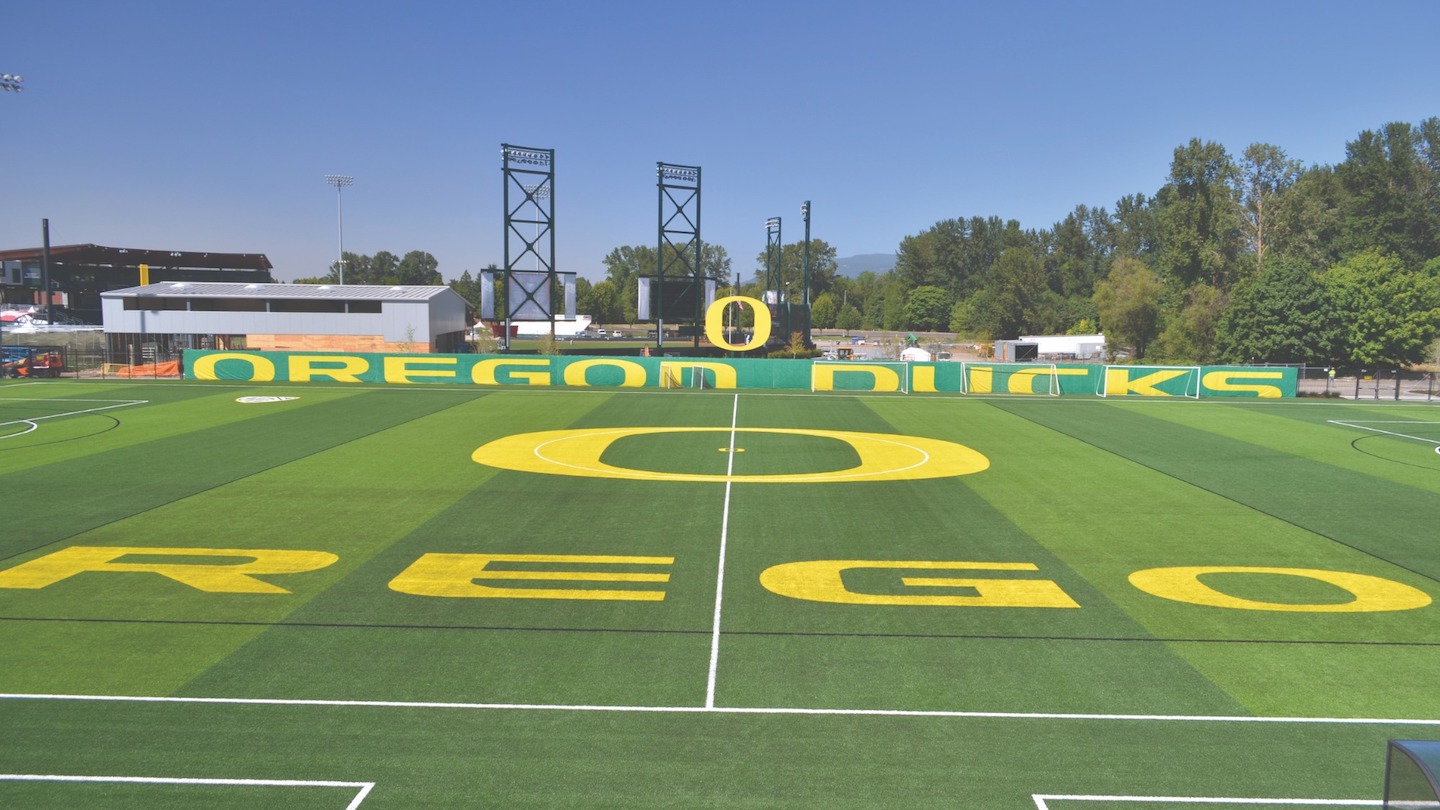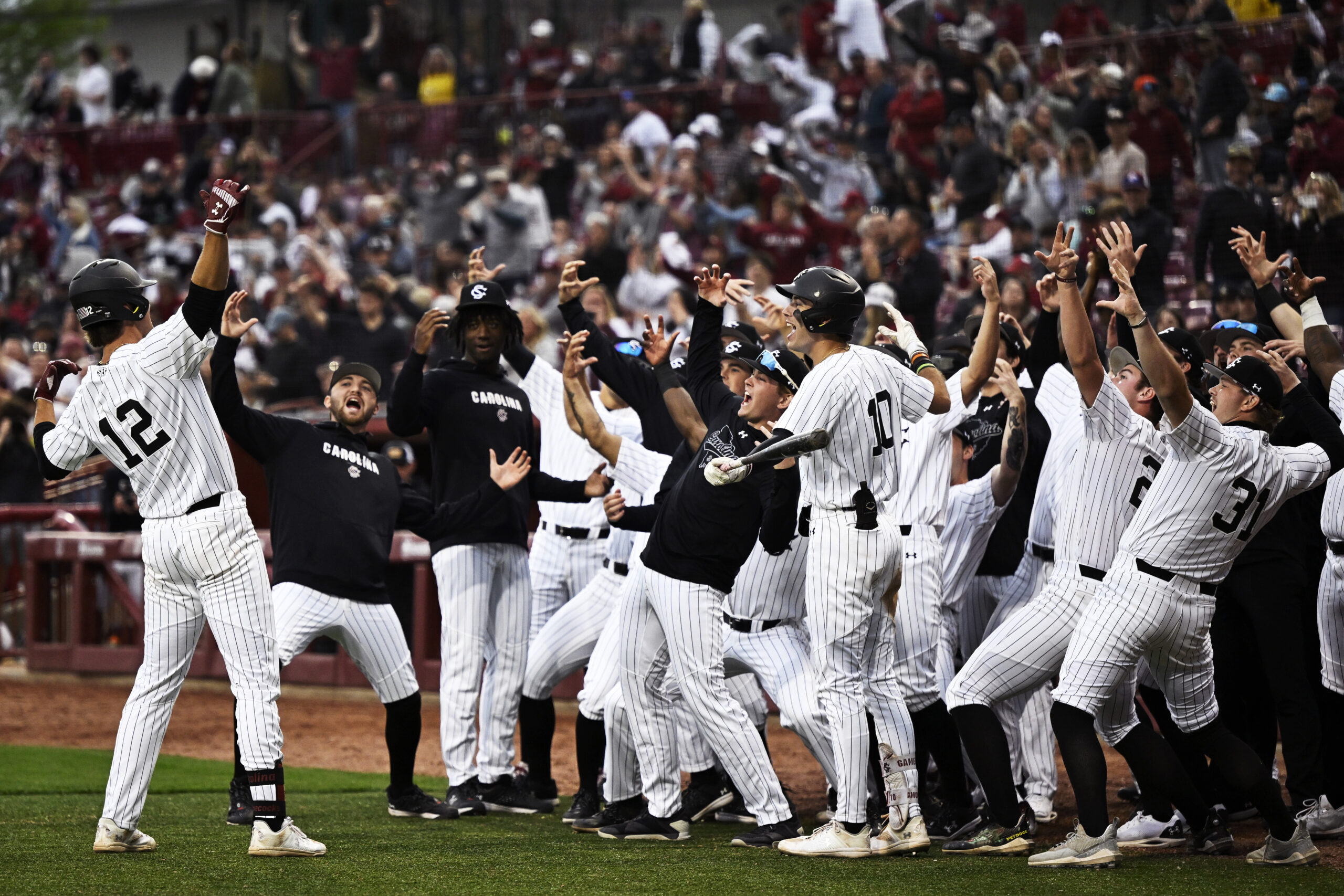My kid will be playing her final year of NCAA eligibility next year and I would just say that this kind of awful behavior (the Oregon coach) is common in college soccer, and I would imagine most other sports. Oddly, the non-revenue generating sports in particular. My daughter had a bad coaching situation (very similar in terms of verbal abuse) and then one very good one. This mirrored her situation in club soccer, too. Some bad, some good. But to all the parents in youth soccer right now who are thinking about the whole college soccer thing and thus the ECNL, DA, and all other elite/premier/gold/supercalifragilistic club leagues, just know this: The coaches at the college level, including the vaunted P5 schools, are not any more sophisticated or intelligent than whatever you experienced in AYSO coaching or in the younger levels of club soccer. I know that such a statement is going to upset some folks and make some people here go apoplectic. I'm not saying that there are not some amazing and highly intelligent soccer coaches in college. There are. And some could coach professionally. And some are great human beings. But that's no different than club soccer coaches or AYSO coaches or elementary school teachers. I think that almost all youth soccer parents have a completely misguided picture of college athletics. I certainly did. We put college soccer coaches on some elevated plane because we've elevated getting a college soccer scholarship to some ridiculous ideal that is completely misguided.
It was my assumption that the higher level my kid played at, the better the coaches would be. This extended to the assumption that not only would they be better coaches, they would also be better communicators, better at caring, better at understanding, better at managing stress, better at handling setbacks, better at leading, better at bringing together a team, better under pressure... in short, better human beings. This might seem obvious in hindsight, but soccer coaches are not better human beings than any other random profession you can name. And just because someone managed to land successively higher paying jobs, it says nothing about their quality as a human being. Just take a look at any random CEO of any random company you want to pick. In fact, the level of job someone has says almost nothing about anything else except that they are good at landing jobs. That's it. That is the one difference between college coaches as a whole and full-time club coaches as a whole: The ones in college just happen to be better (or luckier or more interested) at landing college jobs. And guess what? Colleges are no better at finding and hiring good people than your local fast food joint.
Here's the real kicker: I was also depressed and shocked to learn that college coaches on the whole did not understand the sport itself much better than my kid's first U10 club coach (who wasn't particularly great in that regard, either). Again, there are exceptions. Tim Ward at Pepperdine is one I happen to have met. He's a great human and a great soccer coach. But he's not the norm. The tactical and strategic understanding of the game of most college coaches is simply a continuation of the EXACT. SAME. CRAP. that your kid learned the first two years of playing club ball. The number of coaches that get by on simply yelling at their players to "GO HARDER!" is astonishing. The moment I hear a coach tell a player that "it's all about GRIT!" I'm like, "Check, please." Take your average middle school PE teacher and have them watch "Miracle," and you've basically got 90% of our nation's soccer coaches at all levels. I'm not kidding.
Now, with all that said... Yes, you can find great coaches. But damn, parents. Arm yourselves and your kid with healthy doses of skepticism along the way to trying to find one. For every good one, there's 10 of these jackholes. And the name of the university means absolutely nothing in that regard.




